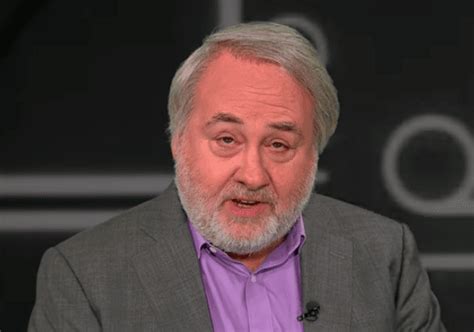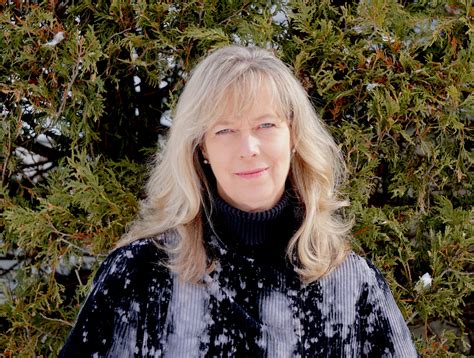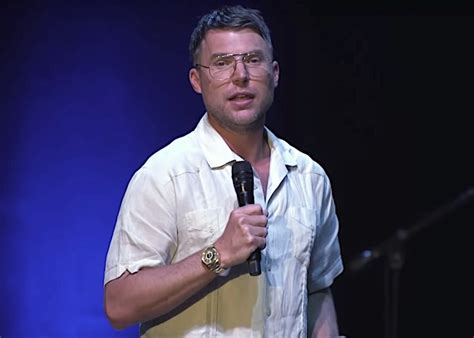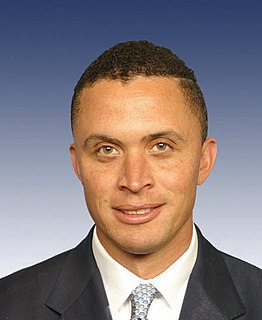A Quote by David Edelstein
I think I can safely call 2012 average. Overall, it was a stronger year for nonfiction than fiction - a situation that would've surprised me back in January, when I was looking forward to big new novels from several authors I really love.
Related Quotes
I think, about the distinction between fiction and nonfiction. Fiction is not really about anything: it is what it is. But nonfiction - and you see this particularly with something like the BBC Samuel Johnson Prize for Non-Fiction - nonfiction we define in relation to what it's about. So, Stalingrad by Antony Beevor. It's "about" Stalingrad. Or, here's a book by Claire Tomalin: it's "about" Charles Dickens.
I've been thinking a lot about why it was so important to me to do The Idiot as a novel, and not a memoir. One reason is the great love of novels that I keep droning on about. I've always loved reading novels. I've wanted to write novels since I was little. I started my first novel when I was seven.I don't have the same connection to memoir or nonfiction or essays. Writing nonfiction makes me feel a little bit as if I'm producing a product I don't consume - it's a really alienating feeling.
I think the 'New York Times' reviews overall tend to overlook popular fiction, whether you're a man, woman, white, black, purple or pink. I think there are a lot of readers who would like to see reviews that belong in the range of commercial fiction rather than making the blanket assumption that all commercial fiction is unworthy.
The insurance companies make about $15 billion a year. They have doubled their profit margin under Obamacare. And so now we're going to take a lot of this and call it a stabilization fund, but really it's a bailout of insurance companies. And I just think that's wrong. I just can't see why ordinary, average taxpayers would be giving money to very, very wealthy corporations. An analogous situation would be this: We all complain that new cars cost too much. Why don't we have a new car stabilization fund and give $130 billion to car companies?
In fiction, I searched for my favorite authors, women I have trusted to reassure me than not all teenage guys are total ditwads, that the archetype of the noble cute hero who devotes himself to the girl he loves has not gone the way of the rotary phone. That all I had to do was be myself (smart, hardworking, funny) and be patient and kind and he and I would find each other. As Bea would say, this why they call it fiction.
Having been away from competitive tennis for a while, I am looking forward immensely to getting back on the circuit ... I am looking forward to playing the Big Girls. People have had expectations from me even when I was 10 years old. I try to switch off but you are right, it isn't always easy to do that because the expectations are really mounting.
I write fiction longhand. That's not so much about rejecting technology as being unable to write fiction on a computer for some reason. I don't think I would write it on a typewriter either. I write in a very blind gut instinctive way. It just doesn't feel right. There's a physical connection. And then in nonfiction that's not the case at all. I can't even imagine writing nonfiction by hand.
I began as a fiction writer - I had written three novels in my 20s and 30s. But as my work has gravitated towards literary nonfiction, or lyric essay or poetic essay, whatever you want to call it, I'm constantly beating my head against the wall 'cause I'm teaching a genre that's no longer that exciting to me and that I'm no longer practicing.
For any economy, there are two basic factors determining how many jobs are available at any given time. The first is the overall level of activity - with GDP as a rough, if inadequate measure of overall activity - and the second is what share of GDP goes to hiring people into jobs. In terms of our current situation, after the Great Recession hit in full in 2008, US GDP has grown at an anemic average rate of 1.3 percent per year, as opposed to the historic average rate from 1950 until 2007 of 3.3 percent.
I often have said to people that there are really two cities in the country where the outlook is always forward-looking - there is never really a backward-looking tendency. My banking work has taken me out to Palo Alto, what is commonly called Silicon Valley. And you sense out there is always a forward-looking outlook. And New York City.
Back in the day, a lot of our instructors in nonfiction were actually fiction scholars. So they would bring in stories as models for the essay. And in some ways that's a good idea, because we can all learn from other genres. But I think it also made me realize that I literally didn't have an essay model, and that if I wanted one I would have to find it.



































